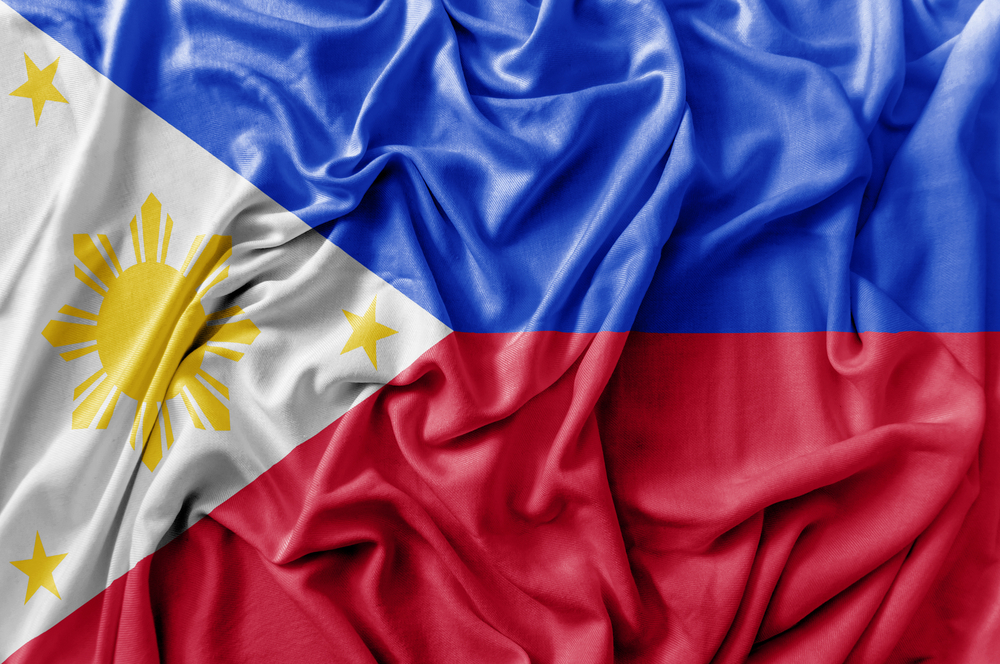
“Please feel free to call us, the police, or do it yourself if you have the gun—you have my support,” Philippines President Rodrigo Duterte, nicknamed “Duterte Harry” for his shoot-first-ask-questions-later policies, said of drug dealers, users, and anyone else who isn’t a model citizen.
“You can kill him. Shoot him and I’ll give you a medal.”
Enter the Philippines’ literal—and criminally under-reported—War on Drugs. Seriously, you’re liable to get killed if you’re a known drug user or dealer. Campaigning under the promise of killing 100,000 criminals in the first six months of his presidency, Duterte was sworn into office on June 30, and appears to be making good on that promise. By July 4, 30 people were already extrajudicially killed in the streets.
It was through extrajudicial killings—which became known as the Davao Death Squads—that Duterte, as mayor of Davao, was able to turn it into one of the safest, he claims. He promised to make the Republic of the Philippines safe again.
Now that Duterte is president, people are so afraid of vigilante death squads that they’re turning themselves in. A recent report tallied the number of people who’ve turned themselves over to police at 60,000. An impassioned op-ed written by Cracked.com’s Adam Tod Brown asked what would happen to these fearful citizens.
“If you believe the official government line,” Brown wrote, “plans are underway to build rehab facilities, but they also said that they discourage extrajudicial killings, which is a hard claim to back up when the president gets behind a microphone and literally tells people to murder drug dealers and drug users.”
Under a president who called Pope Francis a “son of a whore” for apparently causing traffic during an official visit, Brown suggests it’s more likely concentration camps, not rehabs, that will be built.
“Given the way we’ve criminalized drug use, I guess it’s not surprising that the plight of a bunch of ‘criminals’ and ‘junkies’ hasn’t generated much sympathy from the American public,” wrote Brown, who laments the lack of coverage on an issue of such magnitude, some 60,000 lives at stake. He says its unlikely we’ll see any hashtags floating around the “thoughts and prayers” crowd.